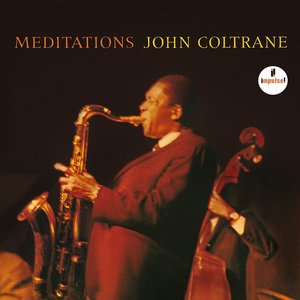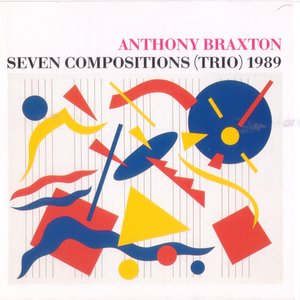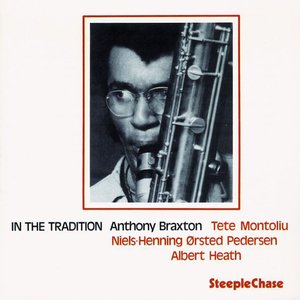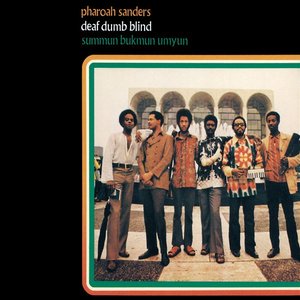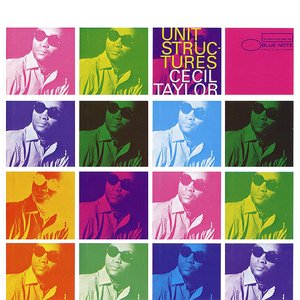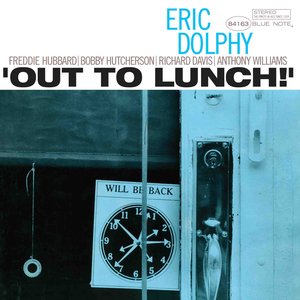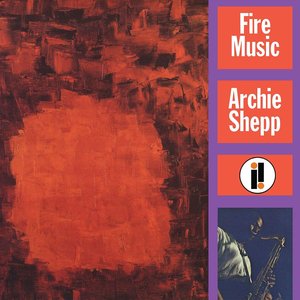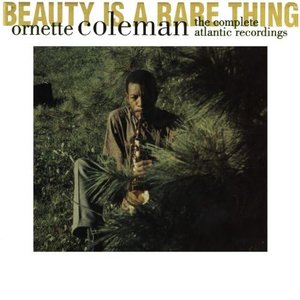Wiki
-
Length
28:49
Recorded on October 1, 1965, one day after the recording of Live in Seattle, and one day prior to the recording of the music heard on A Love Supreme: Live in Seattle. During September 14–26, 1965, the John Coltrane Quartet played an engagement at the Jazz Workshop in San Francisco. The saxophonist Pharoah Sanders, whose music Coltrane admired, and who had previously recorded with Coltrane on Ascension, went to hear the group and was invited to sit in. According to Sanders, "e told me then that he was thinking of changing the group and changing the music, to get different sounds. He asked me to play with him." At the same time, the multi-instrumentalist Donald Garrett, who had played with Coltrane's group in 1961 as a second bassist, was also asked to sit in. At the end of the two-week gig, both Sanders and Garrett were asked to join the band, and accompanied it to the next engagement, September 27 - October 2, at The Penthouse in Seattle.
During the stay in Seattle, Coltrane decided to document the newly-expanded group at his own expense, hiring the recording engineer Jan Kurtis for the September 30 gig. Music from this date was released in 1971 on Live in Seattle, with additional tracks issued in 2011 on The Unissued Seattle Broadcast. The next day, the whole band, with the addition of Joe Brazil, traveled to Kurtis' studio, Camelot Sound Studios, in a rented house in Lynnwood, to record Om. On the following day, the band wrapped up their Seattle engagement at The Penthouse with a performance of "A Love Supreme", a recording of which was issued in 2021 on A Love Supreme: Live in Seattle, then headed to Los Angeles for an eleven-day stay at the It Club, during which they recorded the tracks "Kulu Sé Mama (Juno Sé Mama)" and "Selflessness", both of which appear on the CD version of the album Kulu Sé Mama.
It is believed that Coltrane was using LSD during the recording, though this is disputed. Lewis Porter wrote that "Coltrane may have been tripping on LSD when he recorded Om. It is certain that he did begin using LSD around this time," "according to four reliable sources, speaking off the record. However, Porter was careful to point out that Coltrane's playing "is perfectly coherent on all his late recordings - in fact, incredibly so", adding: "he probably felt or hoped that LSD could help him in the direction he already wanted to go".
Track descriptions on Last.fm are editable by everyone. Feel free to contribute!
All user-contributed text on this page is available under the Creative Commons Attribution-ShareAlike License; additional terms may apply.

